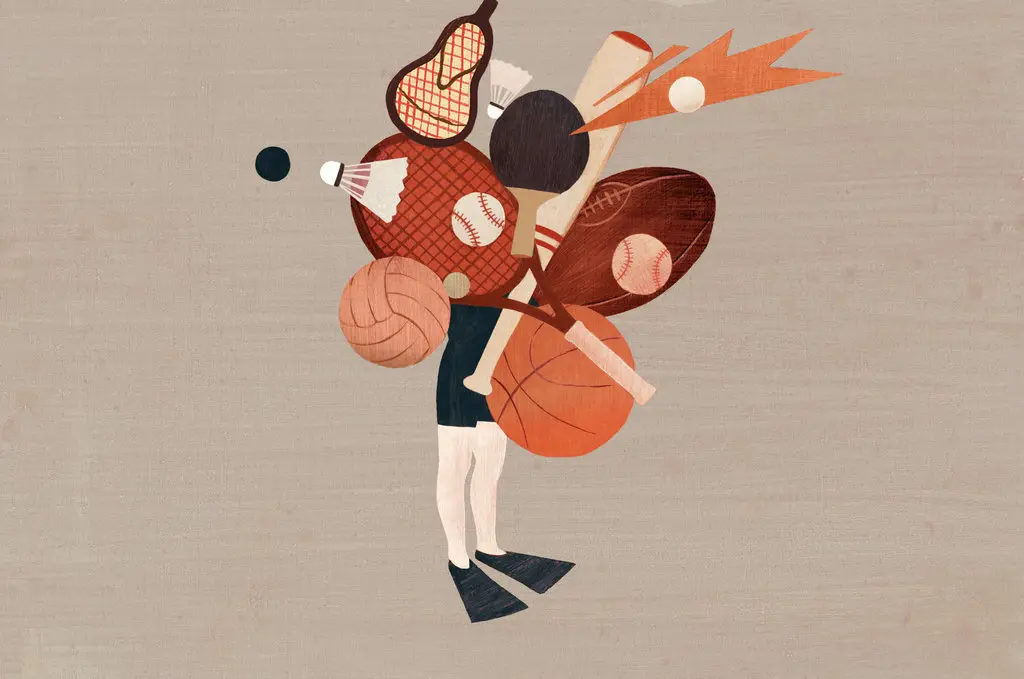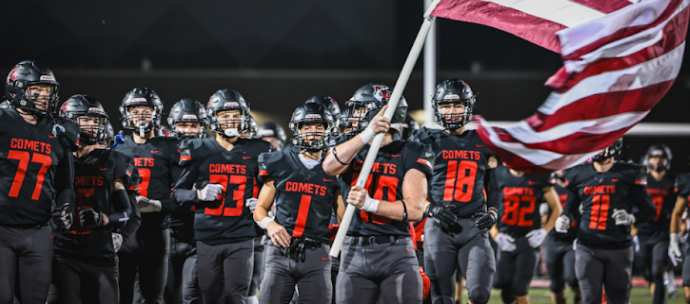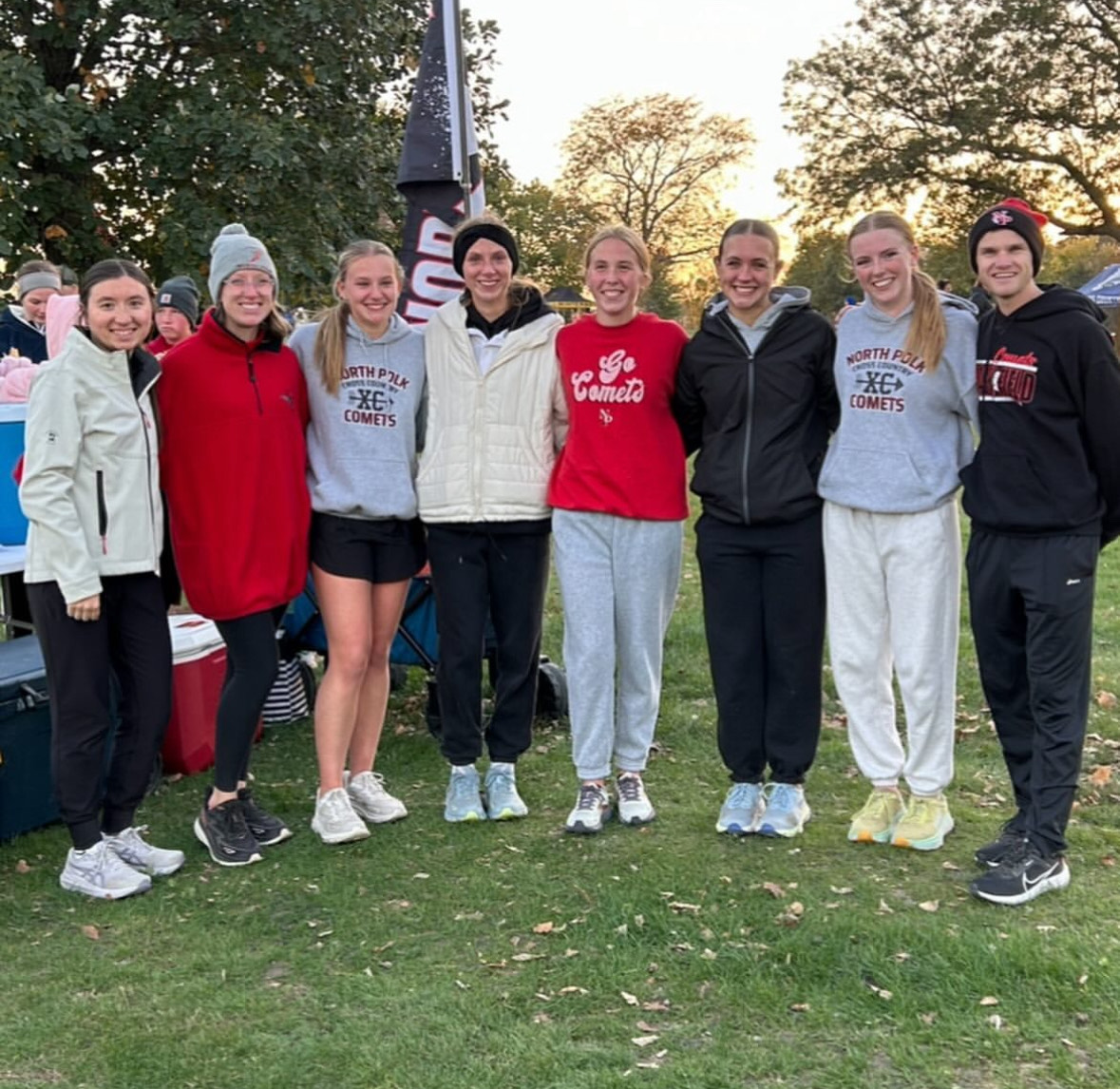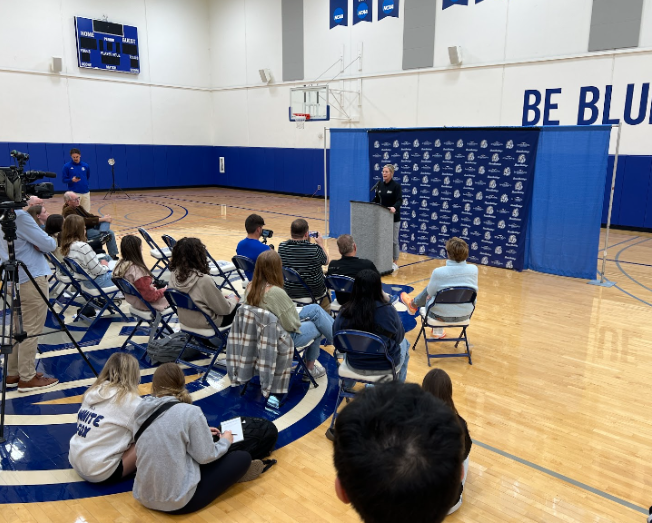With the intensity and pressure placed on youth sports, one would think they are watching a professional team perform. As one sits in the stands they can hear parents and coaches alike yelling at kids as young as 7 years old. Furthermore, it is not uncommon for parents to spend thousands of dollars on sports to get their child into a certain team or tournament. Many wonder if parents do this more for their children, or themselves?
Lots of children love sports when they are young. Many dream of going professional, playing in college or even just for the best team. It is evident that as they grow older, sports seem more like a job than a fun activity. In an ABC News study, it showed seven in 10 kids drop out of youth sports by age 13. Sports have become tiresome and more about success from the adult’s eyes instead of the child’s eyes.
Soccer referee, Lauren Feldmann, claimed, “[She] [thinks] that parents should just spectate and not try to coach their kids, or yell at the refs from the sideline. That should be the coach’s job. Especially because the kids [she] [is] reffing are 7 and 8 year olds.”
This pressure, clearly shown in children’s sports, follows them as they grow and continue their sports careers. In some cases this pressure may cause burnout and the sport they once loved turns into a chore made to please parents.
Student athlete, Addison Ollendike, stated, “[She] [has] put a lot of time towards soccer [from] a young age. [She] [has] always felt pressure from [her] parents and coaches to succeed because [she] [had] talent as a child.”
After spending thousands of dollars a year on youth sports, some parents expect to get “paid back” with a large scholarship to college. With these expectations set, children go into their games worried about what their parents might say to them instead of setting standards for themselves.
In an article by pediatrician, Joel S. Brenner, he explained that children “may believe that specializing (and winning) in the sport is what coaches, parents and families want and need them to do. In the worst situations, kids may assume this sport is their only chance for success in life.”
Student-athletes have begun putting their sports before school causing them to believe it is their only ticket to college. Young athletes are also trained to believe they need to focus on one sport instead of participating in multiple. This causes them to be around the same people and activities all of the time.
Brenner described, “These days, it’s less common to see kids outside playing pick-up games or racing each other to see who’s the fastest. Open, free play seems to be less popular as young kids choose a single sport or activity and play it all year round.”












